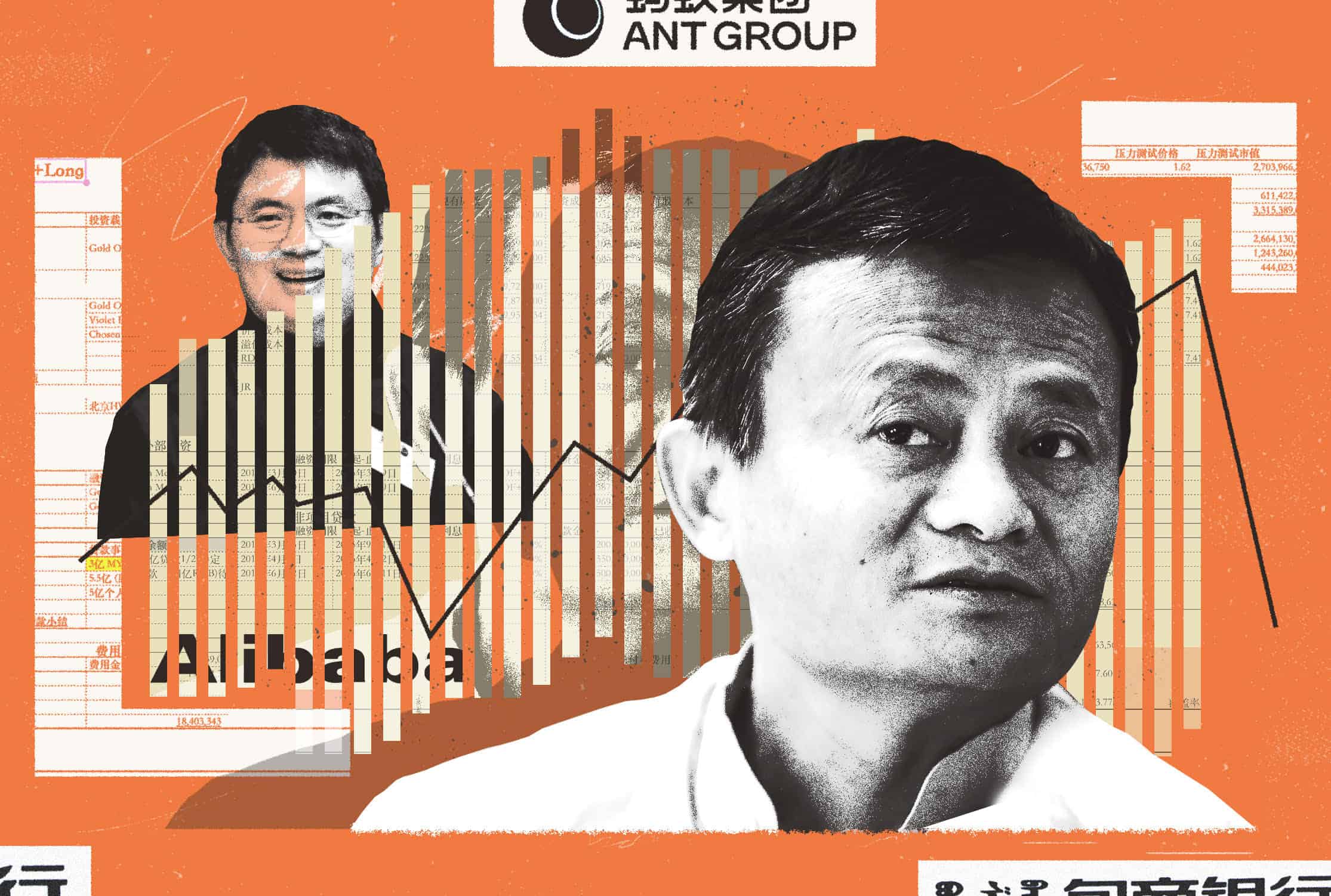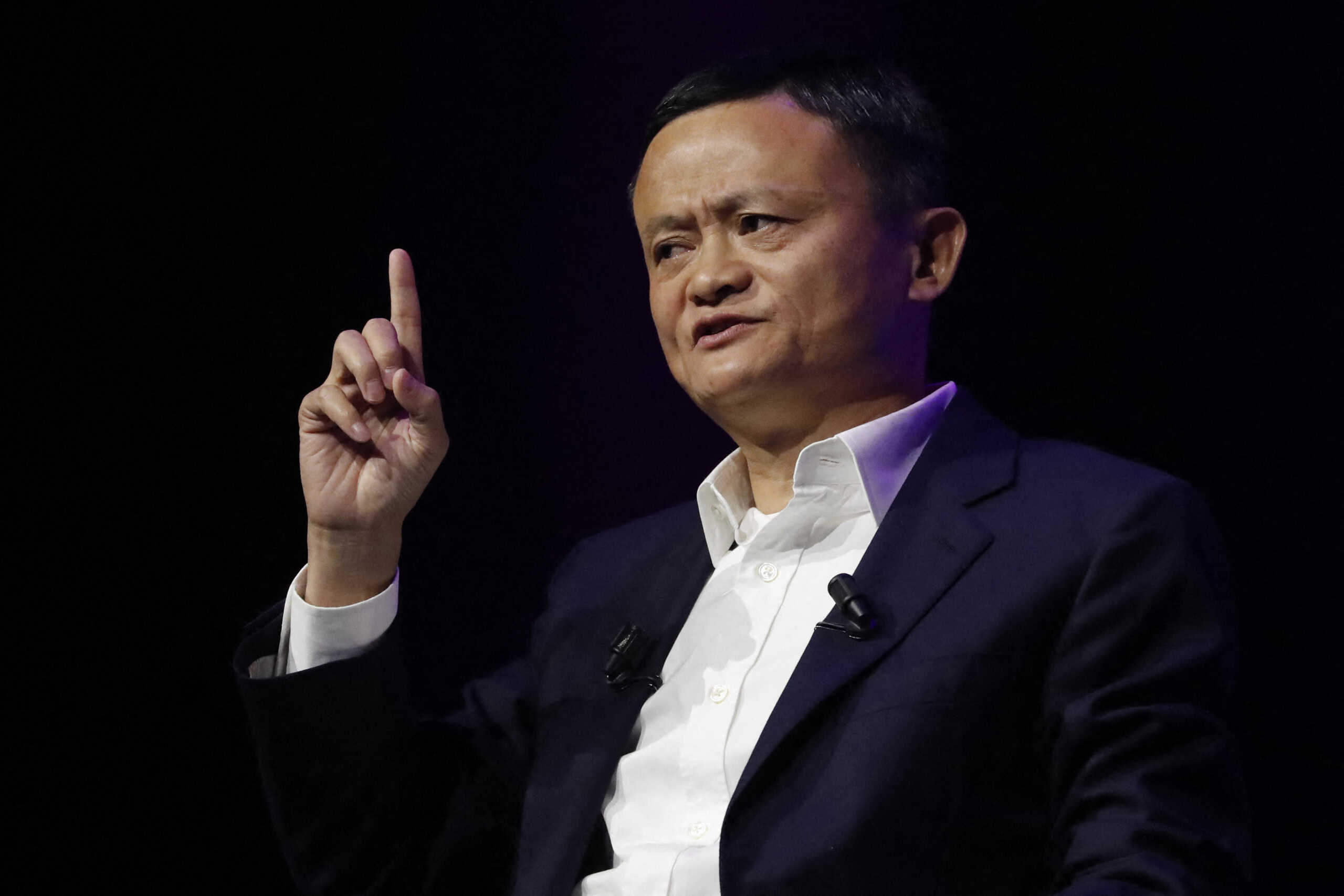Jessica Chen Weiss is a professor of political science at Cornell University. From August 2021 to July 2022, she served as senior advisor to the State Department’s policy planning staff on a Council on Foreign Relations International Affairs Fellowship for Tenured International Relations Scholars. Weiss earned her Ph.D at the University of California, San Diego. Her previous work has focused on Chinese nationalism, and she is the author of Powerful Patriots: Nationalist Protest in China's Fore
Navigate China's Business Landscape with Confidence.
- Gain visibility into supplier risks
- Easily manage trade compliance
- Conduct in-depth due diligence



